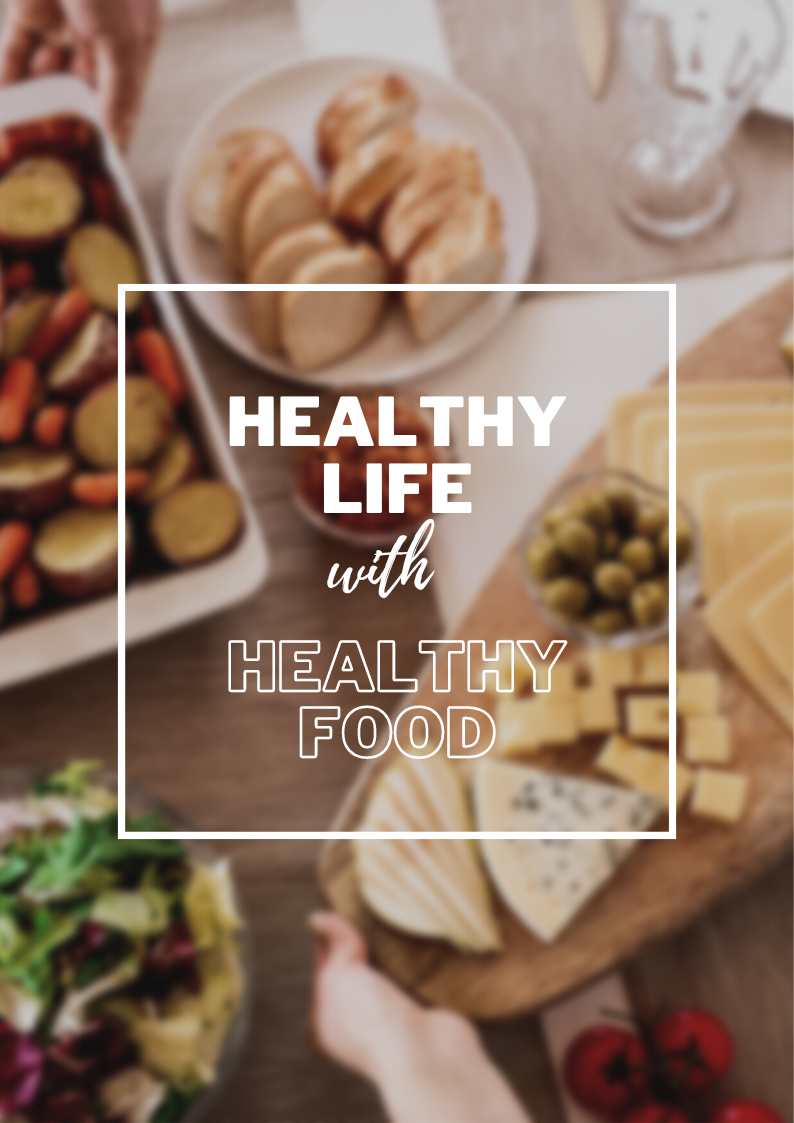
After a Workout, What to Eat
The goal of post-workout nutrition is to feed, heal, and hydrate your muscles. In general, the body uses stored energy from our muscles during exercise, muscle is broken down and destroyed, and fluid is lost through sweat. As a result, feeding the body with the right nutrients after an exercise allows it to rebalance and heal faster. Protein, carbs, and water, sometimes known as the three Rs of post-workout nutrition, can assist the body refuel, repair, and rehydrate properly.
Refuel with Carbohydrates
Carbohydrates are the body’s natural source of energy, and they are stored as glycogen in our muscles. Glycogen is used as fuel during exercise, and our reserves are drained; the more intense the activity, the more glycogen is used. Consuming carbs after an exercise allows us to replace stored glycogen and begin the healing process more quickly. Carbohydrates are especially crucial to consume after an exercise for endurance athletes or athletes that train for several hours or numerous times each day.
Fruit, oats, bread, crackers, rice, granola, and potatoes are among examples.
Repairing Protein
Protein helps to repair and rebuild muscle after an exercise. In general, exercise causes muscle breakdown, but the exact degree varies depending on the kind of activity. Consuming protein post-workout helps to reduce protein breakdown and increases muscle protein synthesis, which supports the growth and preservation of muscle tissue. The precise protein requirements of an individual will vary based on the type of activity and athlete, but taking 15 to 25 grammes of protein post-workout is a reasonable guideline to follow.
Eggs, yoghurt, cottage cheese, almonds, poultry, shellfish, meat, and protein powder are some examples.
Rehydrating Fluids
After a workout, drinking water or hydration beverages helps to restore the body’s fluids lost through perspiration. For endurance athletes or those exercising in high-temperature conditions, calculating the correct amount of hydration required is critical. Water should be consumed after an exercise, as well as before and during it, for the average gymgoer. Hydrating fruits and vegetables, as well as drinks, are good sources of fluids.
Water, electrolyte drinks, sports drinks, fresh fruits and vegetables are some examples.
Ideas for Post-Workout Snacks
Here are 12 nutritious post-workout snacks that you can make in a hurry.
Toasted Eggs
Whether you work out in the morning, afternoon, or evening, eggs and toast are a quick and easy meal to prepare. Eggs are not only a fantastic source of protein, but they are also a natural supply of cholesterol, which has been found to aid muscle growth and recuperation.Two eggs and one piece of whole-grain bread give an average of 16 grammes of protein and 12 grammes of carbs in a post-workout snack.
Granola + Greek Yogurt
While any sort of yoghurt is a terrific post-workout snack, Greek yoghurt is especially strong in protein, making it an excellent choice. Because yoghurt is a natural source of sugar, it may supply both protein and carbs after a workout; however, combining it with granola adds an added dose of fiber-rich carbohydrates. If you’re purchasing granola from the store, examine the ingredients carefully and choose varieties with little added sugar and oil, especially if you’re watching your calories. A post-workout snack of 3/4 cup Greek yoghurt and 1/4 cup granola has 17 grammes of protein and 22 grammes of carbohydrates on average.
Cottage Cheese + Fruit
Cottage cheese is an excellent source of dairy protein in the form of both whey and casein protein: whey is a high-quality well-absorbed protein, while casein is a slow-digesting protein that has been shown to boost muscle growth and aid recovery. Much like yogurt, cottage cheese is available in 0%, 1%, 2% and full-fat versions so, depending on your health goal, you can pick the option that works best for you as they are an equally good source of protein. Pairing cottage cheese with some fruit helps to provide some additional carbohydrates and fibre at the same time.
Crackers and tuna
Tuna in a can is a quick, easy, and generally affordable source of protein. Tuna is a high-protein food that also contains omega-3 fatty acids, which have been found to decrease inflammation. Tuna may be combined with veggies, crackers, or cooked into a sandwich to give some much-needed carbs, depending on your appetite level. Half a can of tuna and ten crackers give an average of 23 grammes of protein and 20 grammes of carbs as a post-workout snack.
Pita + Hummus
Chickpeas, a legume and a vegetarian protein source, are used to make hummus. Although chickpeas include protein, they are mostly a carbohydrate and insoluble fibre source that may assist refuel as well as repair the body. A serving of hummus has just 2.4 grammes of protein per 2 tablespoons, but when combined with a whole-wheat pita, the protein value may be enhanced significantly. A post-workout snack of 1/4 cup hummus and 1 large whole-wheat pita has 11 grammes of protein and 44 grammes of carbs on average.
Oatmeal + Milk
Milk is a fantastic source of protein that is frequently neglected, especially after a workout. Milk contains high-quality proteins and minerals that are easily absorbed, especially when compared to other dairy beverages. (19) Although you may think of oats as a morning food, a small bowl of milk-based oatmeal makes a well-balanced post-workout snack in minutes. 1 cup 2 percent milk and 1/2 cup rolled oats give an average of 13 grammes of protein and 40 grammes of carbs as a post-workout snack.